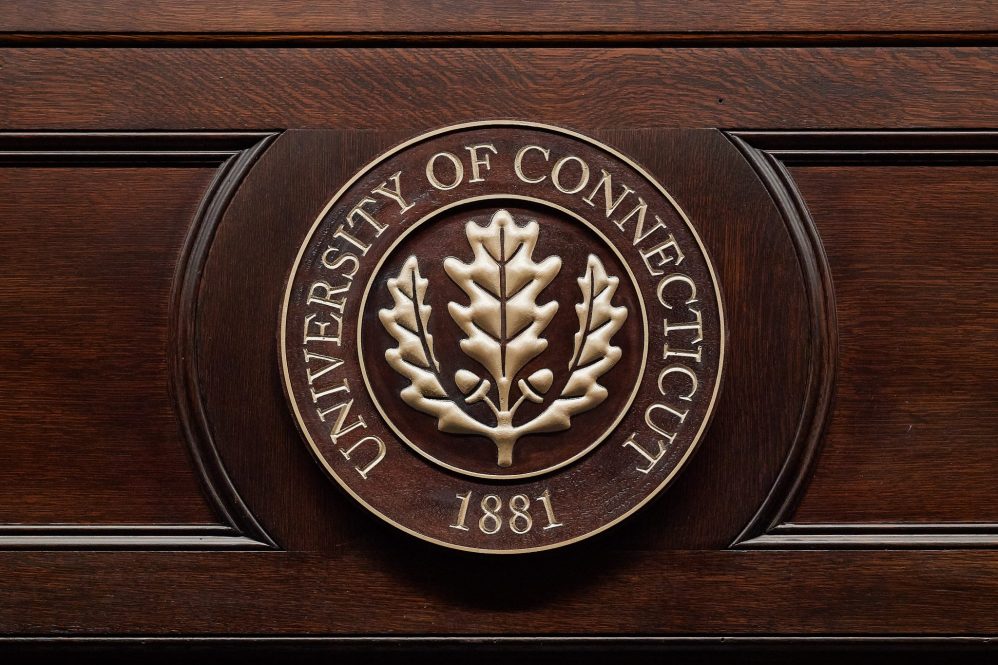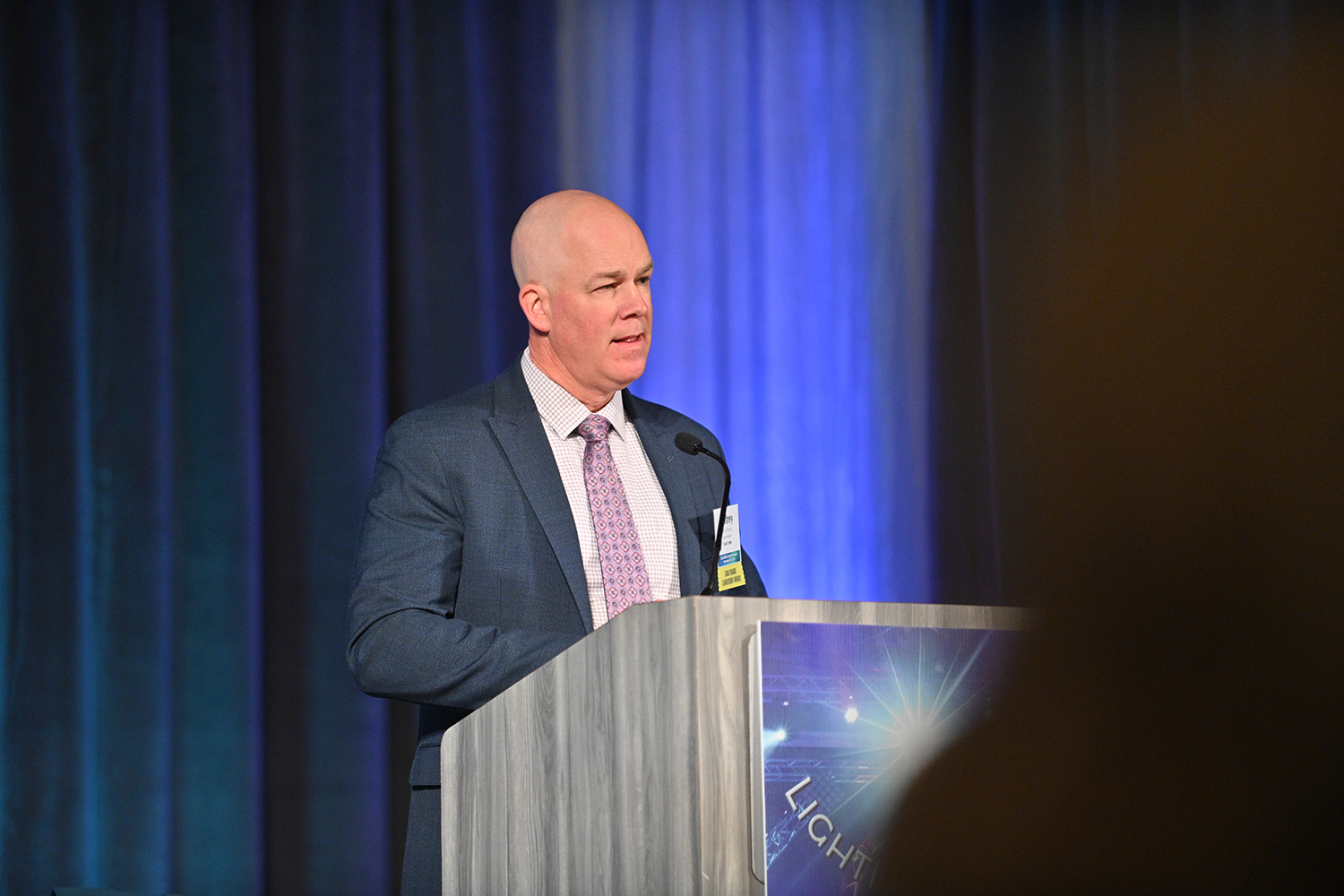Dear Colleagues,
The state budget approved this week will provide $113 million less for UConn and UConn Health than what was approved in FY25, and will leave us with the following budget shortfalls in the next two fiscal years:
Fiscal Year 2026
- UConn requested a state appropriation of $318.7 million. The approved FY26 budget provides $268.2 million. This will lead to a shortfall of $72 million in FY26 that UConn must mitigate.
- UConn Health requested $202.8 million. The approved FY26 budget provides $143.5 million. This will lead to a shortfall of $61.8 million that UConn Health must mitigate.
Fiscal Year 2027
- UConn requested a state appropriation of $322.3 million. The approved budget provides $253.5 million. This will lead to a shortfall of $87 million for UConn in FY27.
- UConn Health requested a state appropriation of $214.5 million. The approved budget provides $139.1 million. This will lead to a shortfall of $45 million for UConn Health in FY27.
[Note: the difference between the amount requested and the amount appropriated does not equal the shortfall amount due to a variety of factors that impact the budget]
Under this budget, state support will account for 15% of UConn’s budget and 8% of UConn Health’s budget next year. In FY25, budgeted levels of state support as a percentage of the budget were 20% for UConn and 12% for UConn Health.
The numbers above are preliminary, and the estimated shortfalls may increase based on provisions included in the adopted budget that allow the Office of Policy and Management (OPM) to reduce state agency allotments by up to $89.2 million in FY26 and $88.7 million in FY27 to achieve savings.
The General Assembly will also take up a bill devoted to state bonding, which is expected to include funding for UConn and UConn Health. We will send a separate message specifically about the bond bill after it has been approved.
Like every state budget, this was the result of a negotiation among leaders in state government following the appropriations process. We know that numerous champions for UConn and UConn Health, both internally and within the General Assembly, worked hard behind the scenes tirelessly advocating for additional funding for the university within the context of the biennial budget and related negotiations.
It’s important to note that thanks to this advocacy, our appropriations over the next two years are actually higher than they might have otherwise been, and we are grateful for their efforts. It should also be noted that changes are often made to the second year of these two-year budgets, so the numbers for year two may change.
Despite this, closing a combined deficit of $134 million across both institutions will create significant challenges and we will have to utilize multiple strategies to accomplish this, many of them detrimental to our aspirations, operations, and mission. After all, we do not achieve greater effectiveness or contribute more to our students, patients, Connecticut’s economy, employers, workforce, and communities through deficit mitigation.
We will share our plans to close these gaps once finalized and will make the leadership team available to answer questions.
For additional background: Beyond budget reductions, UConn does have “levers” it can use to increase revenue, including raising tuition and fees, expanding enrollment, and taking more out-of-state students - all of which we have done. And while each generates more revenue, they also create new challenges.
At UConn Health, we have increased clinical revenue by over 100% or $560 million in the last five years, which funds over 60% of UConn Health’s budget.
Other avenues, such as philanthropy and external grant dollars, are vital to our mission and we have significantly increased our fundraising by $33 million and our research funding by $82 million in recent years.
But philanthropy and research grants do not make up for reduced operating dollars because they don’t fund basic university operations – they fund the things donors have chosen to fund and fulfill the purpose of the grants. Also, supporting successful research requires investment, so it also comes at a cost.
UConn does have funds described as “reserves,” but that is a misnomer. This is not a central pool of money like a “rainy day fund,” but dollars that are in hundreds of accounts and budget lines throughout the institution that are used to fund our operations, meet upcoming needs, maintain our bond rating, and invest in the future of our university.
Much of these funds are already committed. Using it to close deficits – and we will have to utilize a significant amount over the next two years to do that – will create new financial problems that didn’t exist before and new unmet needs. And if these one-time funds become exhausted, they do not automatically replenish, and structural deficits will remain absent increased investments from the state, even with substantial new revenue generation and cost-cutting on our end.
As a senior team, we are currently discussing our action plan, which will involve pausing the hiring of non-critical, non-revenue-generating roles. We will also be delaying non-essential capital projects that do not generate revenue for one year. Additionally, we are reviewing all our contracts to identify potential savings and are putting a hold on non-essential travel.
In the coming weeks, the senior team and I will hold town hall meetings and faculty conference calls to share details about the progress of our action plan. We encourage everyone on the front lines to share any ideas for short-term cost savings or ways to enhance revenue. Please feel free to send your suggestions to your supervisor or directly to president@uconn.edu.
As mentioned, our plans for deficit mitigation will be shared with the community once finalized, and we will be available to answer any questions.
We appreciate your continued partnership and patience during this time.
Sincerely,
Radenka Maric
UConn President



